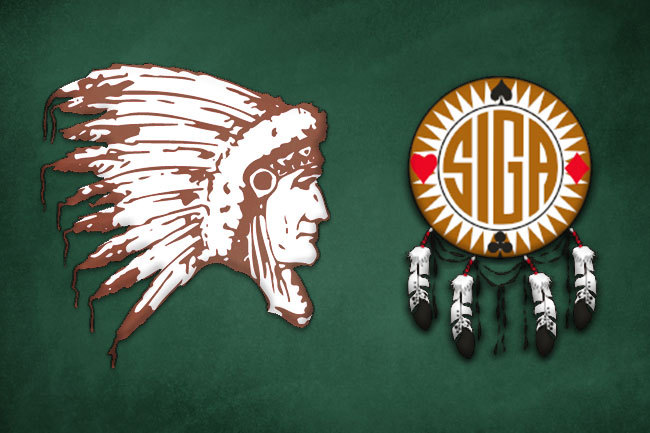The Federation of Sovereign Indigenous Nations and the Saskatchewan Indigenous Gaming Authority expressed their position regarding the recent closure of tribal casino locations in Saskatchewan. The former claims that the provincial government gave no time for the indigenous nations to prepare for the eventual closure of gambling hotspots at 12:01 a.m. on December 19.

It could be recalled that the Saskatchewan provincial government made it clear that all casino venues and bingo halls on a provincial scale must temporarily suspend their operation on December 19. In addition to those, the government also made it clear that physical distancing should be promoted with the help of capacity reduction at many other businesses to the likes of hairdressers and salons.
Federation of Sovereign Indigenous Nations

According to the new measures implemented on Saturday, event venues should work with a 30-person cap at all times, making it possible for the visitors to stay protected. The measures triggered a response from the organization representing as many as 74 Saskatchewan First Nations directly affected by the closure and limiting of businesses.
The Federation made it clear that the shutdown decision did not take into account the indigenous nations’ position on the subject. Moreover, the announcement of casino closures was made only several hours ahead of the actual deadline seeing them suspend their operation. The Federation made a point that the swift move of casino closures was ultimately unfair to the tribal nations overseeing them and relying on the gaming revenue generated.
Federation of Sovereign Indigenous Nations Chief Bobby Cameron said that the government never gave them a heads up on the planned temporary suspensions. In addition to that, the Saskatchewan Indigenous Gaming Authority found out that tribal casinos were about to be closed some two hours ahead of the eventual official announcement. None of the decisions were discussed prior to having them set in stone.
Tribal Venues Closure
Chief Cameron made it clear that the decision was supposed to be discussed with all parties affected by it so that the First Nations of Saskatchewan are given an equal chance of influencing the situation and receive fair treatment by the provincial government. He claims that this would have made it possible for the tribal nations to voice their position and make their recommendations on the future operation of these tribal hotspots.
What should be pointed out is that tribal casinos overseen by the Saskatchewan First Nations were proactive when it comes to the special measures protecting both casino patrons and casino staff members. The Saskatchewan Indigenous Gaming Authority made face masks mandatory on the premises of its gambling hotspots about four weeks ahead of the official recommendation coming from the provincial government.
Along with that, various measures promoting physical distancing on the premises of the casinos were implemented. Individuals frequenting the locations witnessed the various signs making navigating the casino floor easier. In addition to those, the number of slot machines still in operation were also reduced, creating space between the patrons gambling. Chief Cameron said that a video conference with the Saskatchewan provincial government is necessary at this point.



















